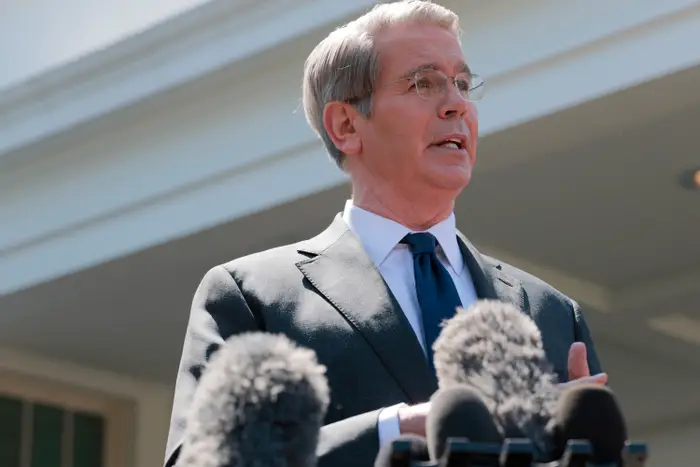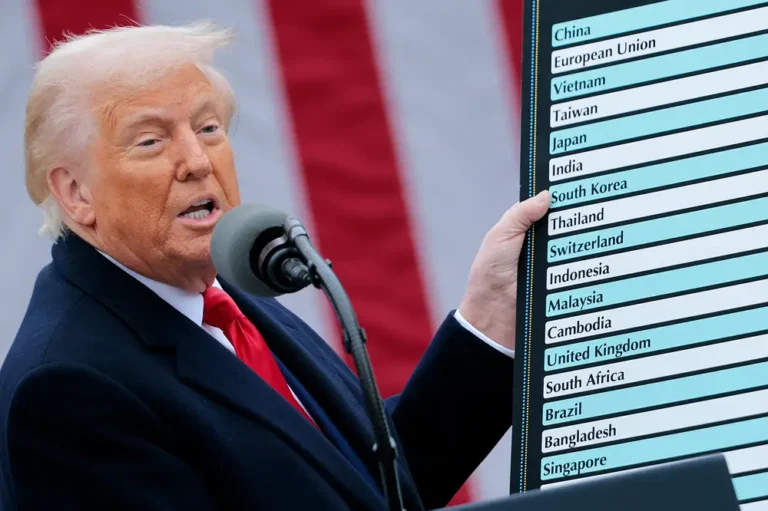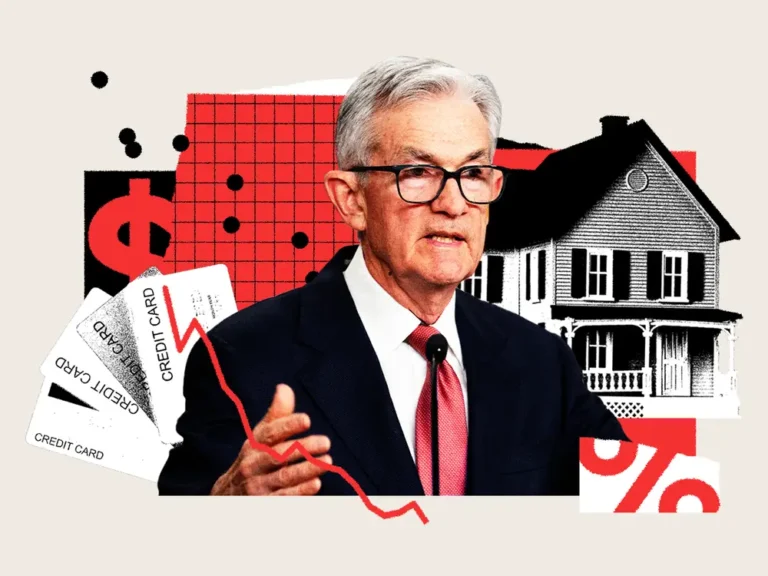Billionaire Millennium founder Izzy Englander thinks there’s a hedge-fund talent bubble— not a war

- Billionaire Millennium founder Izzy Englander blames long non-competes for the hedge-fund talent fight.
- He said at the closed Robin Hood conference Tuesday that there’s a talent bubble, not a talent war.
- He also said that artificial intelligence is a tool, but not revolutionary.
One of the key players in the hedge-fund talent war denies that there is a battle going on.
Izzy Englander, the billionaire founder of Millennium, said at the Robin Hood Investors Conference on Tuesday that the industry has “a talent bubble” due in part to long non-compete clauses — which firms like his and Citadel, Point72, ExodusPoint, and others use to discourage leaving — forcing funds to pay more and more for the best investors.
According to a source in the audience, Englander, who was interviewed by fellow hedge-fund billionaire Paul Tudor Jones, said the non-competes also created an artificially smaller pool of potential hires, driving up their price.
To maintain a competitive edge and retain proprietary technology and research knowledge, hedge funds, particularly those with large quant teams such as Millennium, have gone to great lengths to keep talent in-house. Employees have been asked to sign contracts that forbid them from working in the industry for up to 15 to 24 months, according to Insider.
Multi-strategy funds, in particular, have been attracting talent and driving competition by utilizing “pass-through” fees paid by investors that can be applied to firm expenses such as hiring.
Millennium declined to comment.
Robin Hood, a New York City-based charity dedicated to poverty eradication, hosts an annual press-only conference that frequently attracts high-profile political, financial, and technology figures. Artificial intelligence was a major theme this year, and Sam Altman, CEO of OpenAI, spoke with Reddit cofounder Alexis Ohanian via video feed.
Englander, who spoke after Altman, was asked about artificial intelligence’s potential. He explained to the audience that he sees it as a tool rather than a replacement. He compared it to other major technological breakthroughs, such as electricity, but he believes robots will not take over the money management industry anytime soon.






